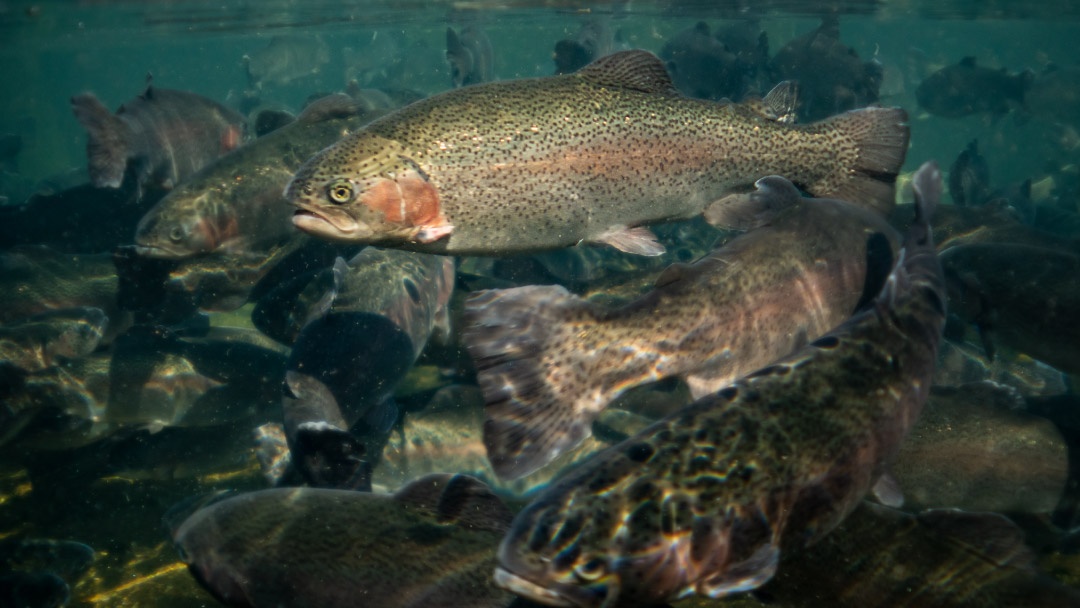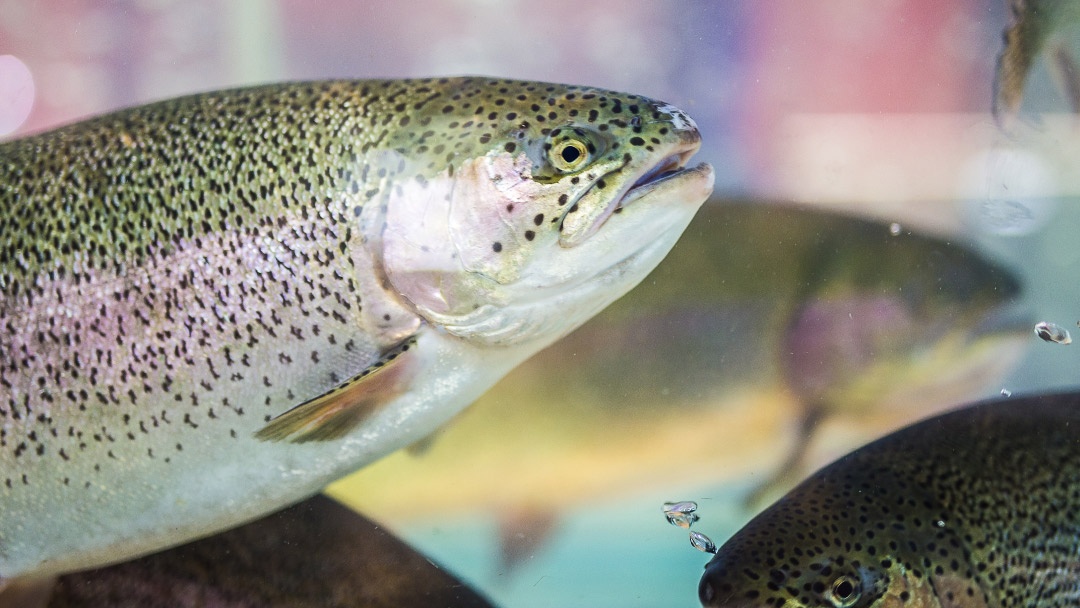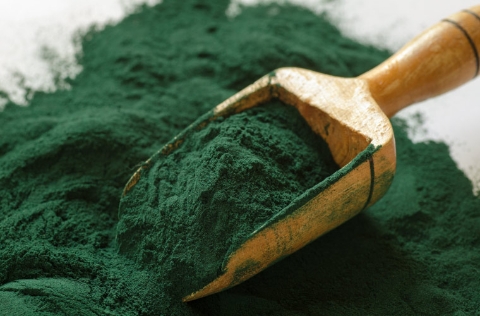
A study by researchers from the University of Pau and the Adour Countries in France has demonstrated that good reproductive results can be achieved with rainbow trout fed on diets without fishmeal and fish oil.
As noted in the study, although the results show lower reproductive performance in terms of body weight and fecundity, egg quality and survival rate remained comparable to those on a commercial diet with fishmeal and fish oil.
Additionally, a noteworthy aspect of the study is that the adaptation mechanisms allowing females to synthesise essential omega-3 fatty acids of the EPA and DHA type from plant-based precursors and subsequently transfer them to the eggs were observed.
Although the fry were smaller, this study has established that trout have compensatory mechanisms to cope with the lack of marine nutrients in their diet.
This knowledge, when applied to commercial aquaculture, presents a pathway to promote more sustainable feeds with lower dependency on fishmeal and fish oil. Furthermore, it could help reduce the costs associated with feed.
However, the researchers consider it important to conduct additional studies to optimise the diets and improve reproductive performance.
Study details

The two-year study was conducted at the facilities of INRAE (National Institute for Agricultural Research of France) and allowed for a detailed assessment of how plant-based feed ingredients affect reproduction and the development of fry, as well as changes in fatty acid profiles and lipid metabolites.
The monosex female rainbow trout were kept for two years, up to their first reproduction. In the first year, the trout were maintained under a natural photoperiod at 17°C. They were then transferred to an experimental hatchery at 8°C, the optimal temperature for reproduction and egg incubation.
During the spawning season, the females were sacrificed, and samples were taken from their muscles, liver, and viscera for further analysis. Measurements of various somatic indices were also taken, such as the hepatosomatic index and gonadosomatic index, reflecting the proportion of key organs relative to total body weight.
The study measured lipid metabolite levels in both adult trout and their eggs and fry, revealing that the diet significantly affects the production of oxylipins, which are metabolites derived from the oxidation of fatty acids. These metabolites, as explained, play important roles in inflammation and other physiological processes.
The trout fed on these plant-based feeds showed greater production of oxylipins derived from arachidonic acid, which could induce inflammation, although no significant negative effects were observed on the viability of the eggs or fry.


